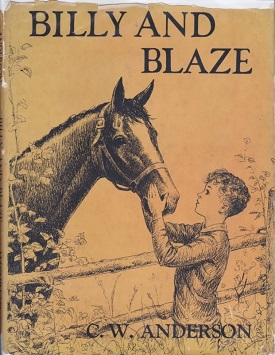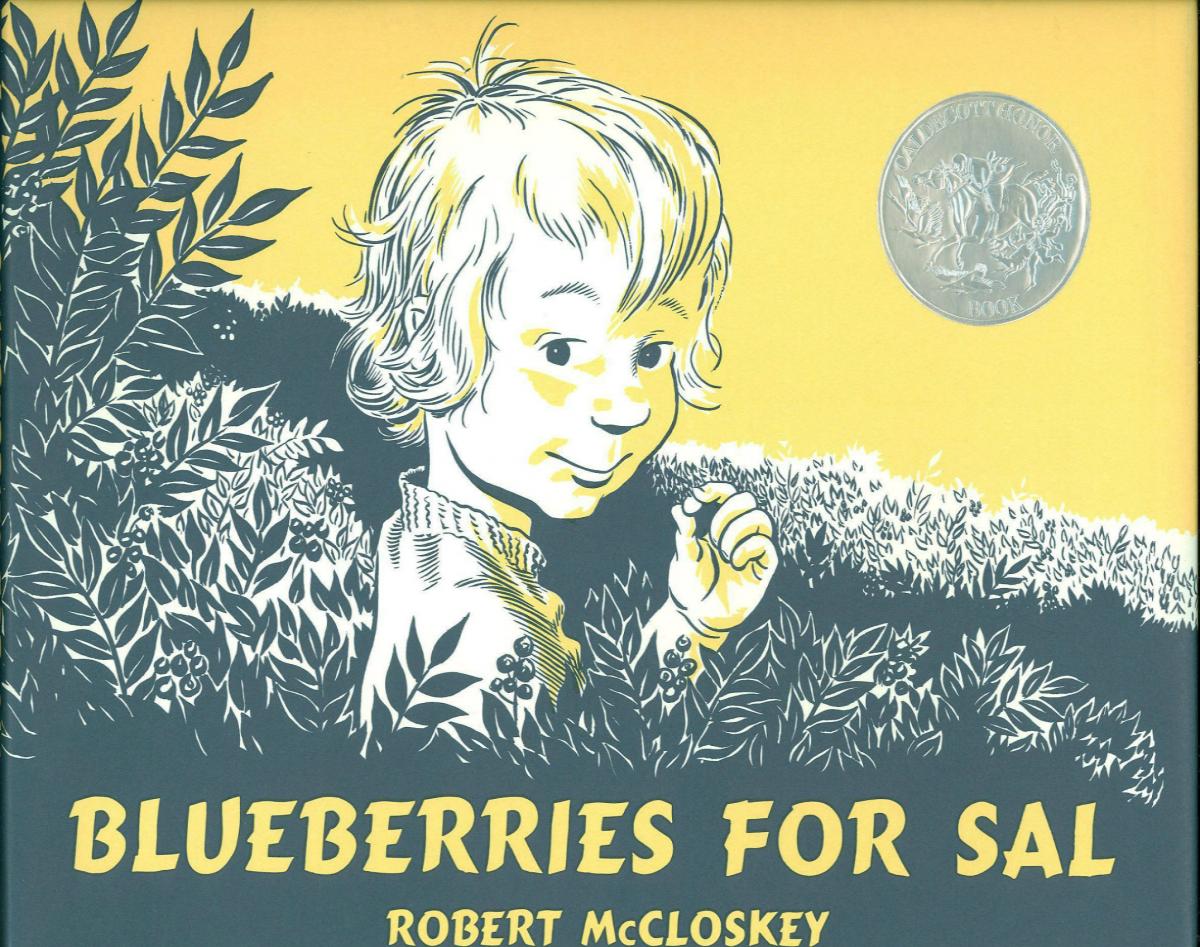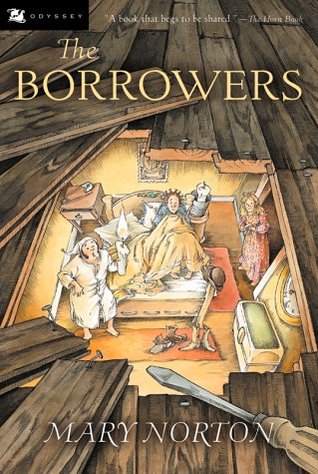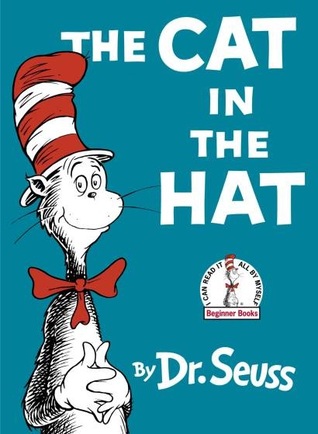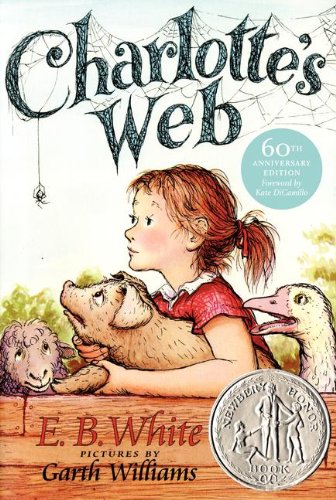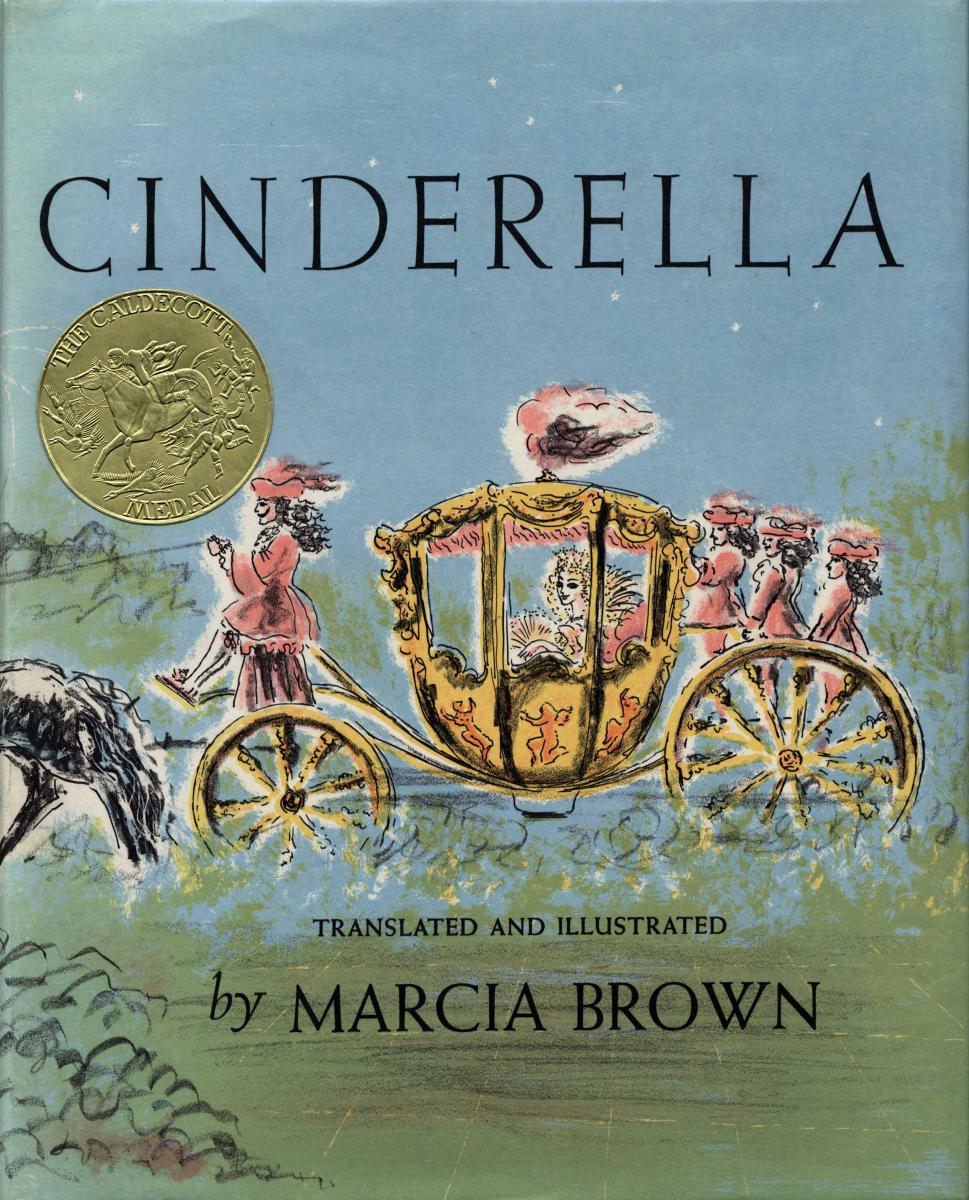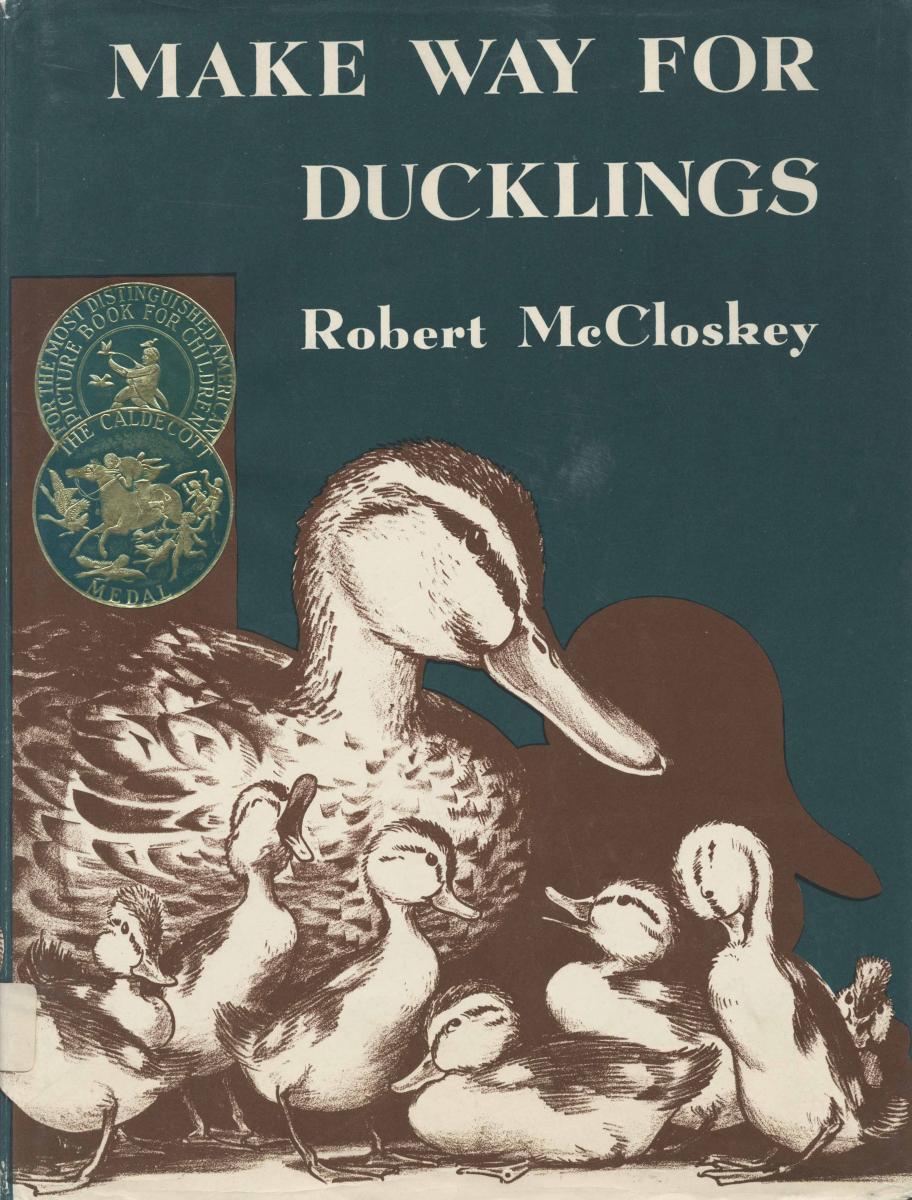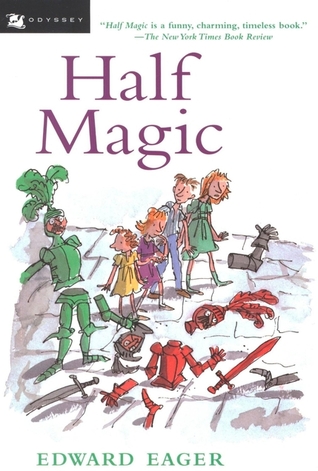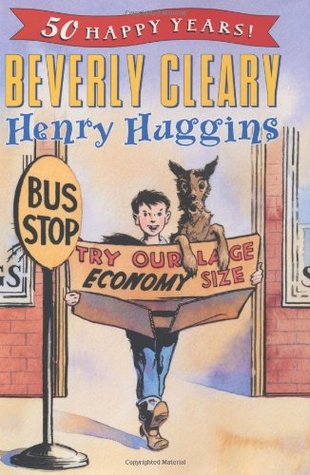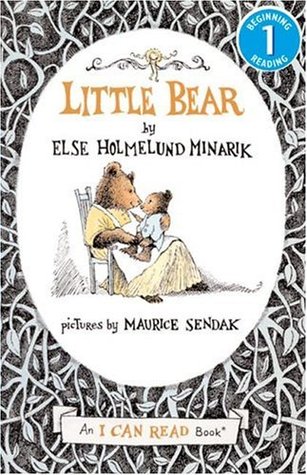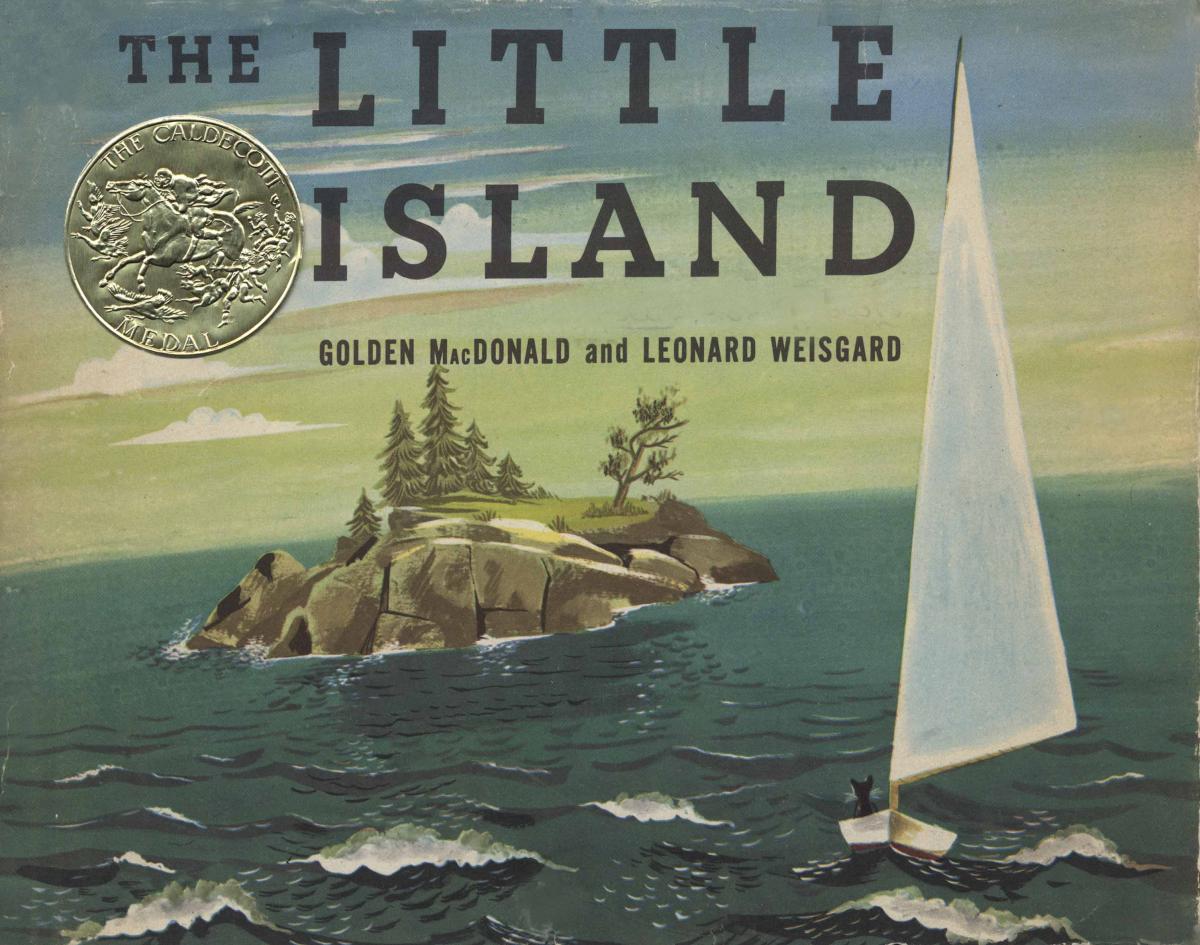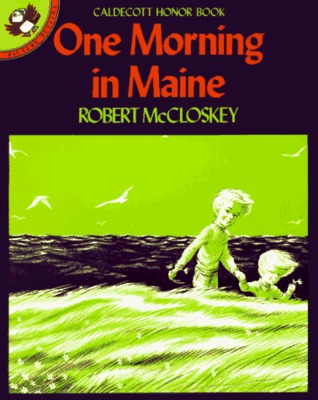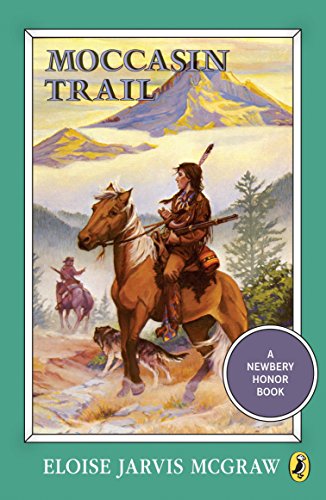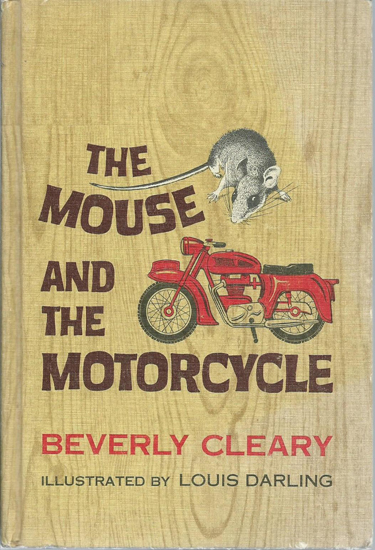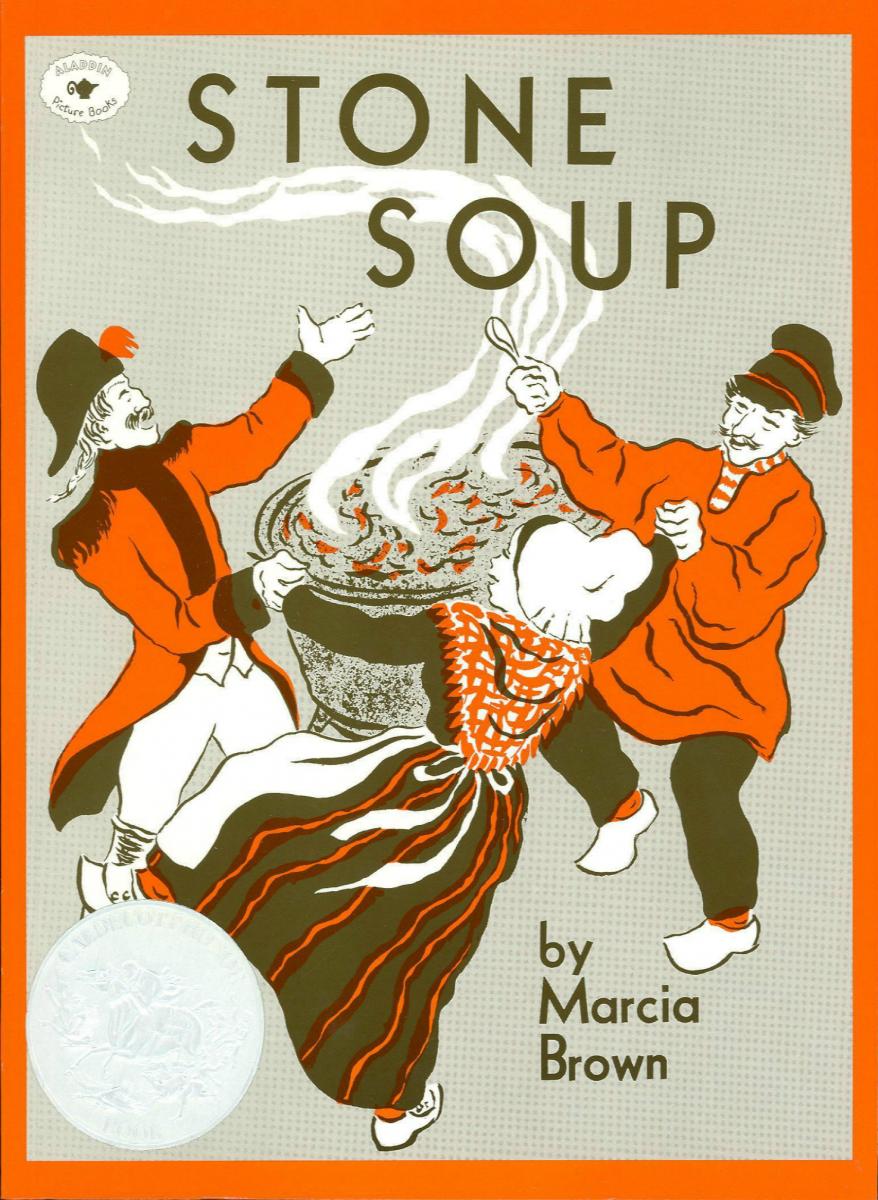I’ve been writing stories since I could write (which was before I started school). The earliest work I remember (that my parents saved anyhow) was a horrid poem entitled “Silly Mouse.” It didn’t even rhyme. However, as I matured, my writing (I like to think) improved.

When we were in grade school, my sister and I found a nifty new game in one of those Scholastic-type school magazines. It was called “Plot Luck” and the goal was to write a crazy story as you moved your token along the pathway to the finish line. It provided word prompts at various points, which you had to incorporate into your story. My sister and I used to compete to see who could come up with the silliest story, then see if our parents would laugh at it. We cut the pages out of the magazine and mounted the game on a piece of cardboard so it would last longer. We played for hours at a time, exercising our imaginations and creating tale after tale. I wish I still had that old game, just for nostalgia purposes, but it fell apart long ago.
When I was in middle and high school, I kept up my reading and writing, even getting a short poem published in the local newspaper for a contest. Unfortunately, I was convinced by well-meaning adults that writers didn’t make a good living and encouraged to make a career in the other area in which I excelled: science. I have to say that the paychecks have been satisfactory, but there are times I wonder what my career would have been like if I’d taken the leap and tried to become a full-time writer back in the beginning (or maybe took the writing more seriously and tried harder to get published).

It wasn’t until the mid-90s that I began seriously sending out short stories to magazines and getting paid for my work. I even got a couple of stories compiled into two “Best Of” anthologies, which was heartening. Then I found out about NaNoWriMo, where you sign up to write 50,000 words in 30 days. My best friend dared me to do it, and I dug out an old fan-fiction piece I’d done, changed the names and a bit of the scenario, and had a go at it. I ended up with a finished novel. It’s been through a few revisions, but it’s ready to be published if I can just find a publisher who doesn’t think “caper” stories are dead. Like I said, I should have started publishing sooner, like back when those were more popular.
I now have three historical novels written, along with a (now out-of-print) anthology of short stories that sold tolerably well. One of my alter-egos has five e-books at a small press and the other alter-ego is editing our first science-fiction novel. I’ve published several of my short stories in magazines and anthologies. I’m hoping to attract the attention of a sci-fi agent at sometime soon. And, as with Disney, it all started with a mouse.
My latest historical biography/novel is Patti Callahan Henry’s Once Upon a Wardrobe.
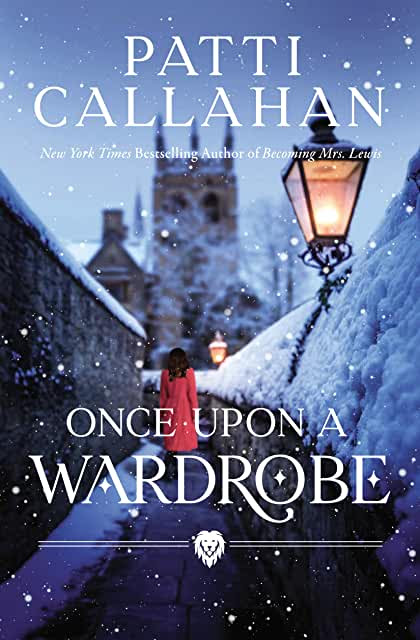
This is basically a biography of C.S. “Jack” Lewis, author of the Narnia books and so many more. He has always been a favorite author of mine so I’ve read both of Patti’s books about him (the other one is Becoming Mrs. Lewis, about his friendship/love with Joy Davidson). However, as with her first biography, there is so much more than dry facts.
In Once Upon a Wardrobe, we meet fictional characters Megs Devonshire and her little brother, George, who has a fatal heart condition and likely won’t live to see age eight. George has read The Lion, The Witch, and the Wardrobe, which was just released, and is anxious to know where Narnia and Aslan came from. Megs, a mathematics student at Oxford, vows to ask the author, who is a professor at the school, George’s questions and give her brother the answers he seeks. In the process, she learns about Jack’s life, his thoughts and dreams, and his beliefs.
This isn’t a carefree book about happy childhoods but Patti handles the story expertly, pulling us into Megs’ and George’s lives as they talk about Jack’s childhood and experiences. You should have a box of tissues handy, especially for the last chapter, but you’ll be glad you read the book at the end. Megs finds her own beliefs changing as she listens to Jack and his brother Warnie relate their story, and as she meets fellow student, the charismatic Irishman Padraig Cavender (who does not believe that math and physics explain the universe, as Megs initially does).
I give this book a very rare 5-star review, and you know how picky I am about that fifth star. You’ll cheer and weep as you read this story. If you have any interest in C.S. Lewis, or in spirituality, imagination, and religion, you should read this book.
I saw a list of interview questions for authors the other day and one of the questions was “What genre do you secretly wish you could write and why don’t you?”

If I could do it, I’d like to write mystery stories. I like reading them (and watching them on film or television). I like trying to figure out “whodunnit” before the end of the book. But I don’t write it.
What’s stoping me? All the bloody red herrings, that’s what. My mind just doesn’t work like Agatha Christie’s or Arthur Conan Doyle’s. I start with a perfectly good idea, then can’t think of any clues for the investigator to follow. I guess I’m just not sneaky enough–or maybe I’m too sneaky and what seems obvious to me might not be that obvious to a reader. Whatever the reason, I can’t seem to get the clues lined up and tossed along the trail.
I’m reading a nice mystery story now: Still Life by Louise Penny. It’s the first in a series about Inspector Gamache, a Canadian policeman. So far, I’m enjoying it. The characters–both police and suspects–are all quirky and interesting. The reason for the murder is suitably inexplicable (as yet). It looks as if they’ve found the murder weapon–but I’m only about halfway through the book so I’m sure there’s some twist in their findings. The inspector will realize they forgot something essential and off he’ll go …
I’m also working on a series by Harry Bingham of Jericho Writers. His heroine is called Fiona Griffiths and she’s a UK policeman who has suffered from a rare psychological condition where she thought she was dead (it’s a real condition). This gives her a quirky, skewed outlook on life which makes the books interesting.
And yes, I do read several books at once. Sometimes, I’ll hit upon a story that I just have to rush right through and finish at once (The Ten Thousand Doors of January). Mostly, I read a little bit here, a little bit there, whatever I’m in the mood for when I have a few minutes of free time. I might have two or three mystery tales, a historical romance (guilty pleasure), some science fiction, and maybe even a contemporary novel or two. My moods change frequently, so I have to have something interesting in my Kindle at all times.
Perhaps in the future, I can figure out how mystery writing works. For now, I’ll stick to historical fiction where all I have to do is research the time period and put in enough action for my lads.
For my 60th birthday (that can’t be right!) I’m emulating Bono from U2. He published 60 songs, but I’m a writer so I have chosen 60 books. I’m going to write up a little article and see if I can sell it to a magazine.
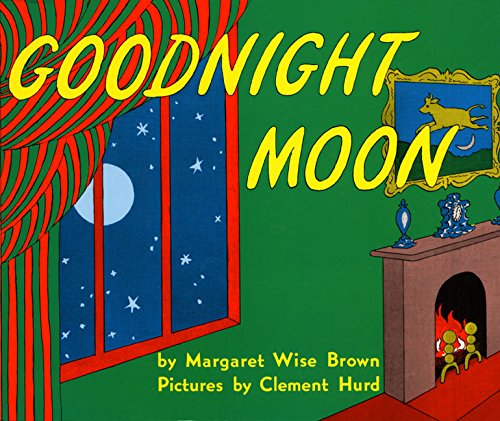
Here are sixty books that changed my life, roughly in the order in which I discovered them:
- Goodnight Moon by Margaret Wise Brown
- One Morning in Maine by Robert McCloskey
- The Little Farm (Little/Small series) by Lois Lenski
- Green Eggs & Ham by Dr. Seuss
- Little Bear by Elsie Minarik
- Little House in the Big Woods/The Long Winter (tie) by Laura Ingalls Wilder
- The Wonderful Wizard of Oz by L. Frank Baum
- The Wind in the Willows by Kenneth Grahame
- Miss Osborne-the-Mop by Wilson Gage (Mary Q. Steele)
- Half Magic by Edgar Eager
- The Three Investigators series by Robert Arthur, Jr.
- The Prydain series by Lloyd Alexander
- The Black Stallion series by Walter Farley
- The Narnia series by C.S. Lewis
- Charlotte’s Web by E.B. White
- The Jungle Book by Rudyard Kipling
- Tarzan of the Apes by Edgar Rice Burroughs
- The Borrowers by Mary Notron
- The Witch Family by Eleanor Estes
- Below the Root by Zilpha Keatley Snyder
- Moccasin Trail by Eloise Jarvis McGraw
- The Forgotten Door by Alexander Key
- The Dark is Rising by Susan Cooper
- Something Wicked This Way Comes by Ray Bradbury
- A Wrinkle in Time by Madeline L’Engle
- The Beastmaster by Andre Norton
- The Lord of the Rings by J.R.R. Tolkein
- The Adventures of Sherlock Holmes by Arthur Conan Doyle
- Dogsbody by Diana Wynne Jones
- Watership Down by Richard Adams
- A Wizard of Earthsea by Ursula K. LeGuin
- A Gift of Magic by Lois Duncan
- The People series by Zenna Henderson
- The Story of My Life by Helen Keller
- The Taming of the Shrew by William Shakespeare
- Johnathan Livingston Seagull/Illusions (tie) by Richard Bach
- The Grapes of wrath by John Steinbeck
- The Odyssey by Homer
- Dune by Frank Herbert
- Dracula by Bram Stoker
- Murder on the Orient Express/Murder at the Vicarage (tie) by Agatha Christie
- The Shining by Stephen King
- Ender’s Game by Orson Scott Card
- A Christmas Carol by Charles Dickens
- The Moon is a Harsh Mistress/Time Enough for Love (tie) by Robert Heinlein
- The Daybreakers by Louis L’Amour
- Thieves World edited by Robert Asprin
- Dragonsinger/Dragonsong by Anne MacCaffrey
- Red Moon and Black Mountain by Joy Chant
- Beauty by Robert McKinley
- Alice’s Adventures in Wonderland by Lewis Carroll
- The Velveteen Rabbit by Margery Williams
- Wyrd Sisters by Terry Pratchett
- The Beekeeper’s Apprentice/O Jerusalem (tie) by Laurie R. King
- The Color Purple by Alice Walker
- The Girl with the Dragon Tattoo by Steig Larsson
- Garden Spells by Sarah Addison Allen
- Life Expectancy by Dean Koontz
- American Gods by Neil Gaiman
- The Ten Thousand Doors of January by Alix Harrow
This is something I’ve been doing the past couple of days, since we had a workshop on the subject at the Women Writing the West Conference.

If you’ve published anything, you should register your author page on Goodreads and keep it updated so your readers can find you. You should be able to click “I’m the author” when you search for your title on the site, but if not, just contact a librarian at the website and ask them to add your book for you.
Another good thing to do is join some groups and participate. This doesn’t mean posting “Buy My Book” comments of course. No, social media is for getting to know your readers and letting them get to know you. Find some groups that tie in with what you write and start commenting and posting without mentioning your books (unless they actually are relevant, in which case, be humble about it). Keep up with the discussions and try to post something weekly (either a comment or new topic). This shows up on your author page so your readers know you’re an active part of their favorite website.
You can add your favorite quotes to your page, too. Look down on the left and you’ll see the right section. It’s down there with your favorite authors and genres and such. There’s even a Q&A session you can sign up for, and they email you if anyone asks you something. If nobody has asked any questions yet, Goodreads has some sample questions you can answer, too.
Goodreads will also show your bookshelf and what you’re currently reading. Be sure to always have your own book(s) as “currently reading” so they show up prominently on your page. Periodically, tweak the “percentage read” bar so the books show up in your news feed as well.
A fun challenge you can sign up for is their Reading Challenge, where you determine how many books you want to read each year. Goodreads then keeps track each time you add another book, and shows your progress on your author page. It also displays reviews, so be professional and courteous at all times — as I’m sure you already are!
What other tips do you have for Goodreads?
If you’re a writer, you’re a reader. And readers explore their libraries.
Here are some of my favorite memories of my childhood library. We didn’t have a lot of money growing up, but whenever we went for groceries, we stopped at the library to drop off what we’d read that week and pick up something new (or beloved re-reads).
I still love the smell of an old library — the sharp tang of old pages bound between real leather. I love the silence, the solitude of searching the tall shelves for that special book. I love seeing all the books stacked up together, worlds yet to be entered, words yet to be read.
I remember the moment I’d read all of the children’s section … well, all I wanted to read, that is … and wandered over into the adult section hunting for something interesting. The poor librarian, assuming I’d gotten lost, gently steered me back into the children’s wing. I had to argue to convince the lady I meant business, but I came home with what I believe was a couple of horse stories and maybe a Nancy Drew mystery or something similar. I did go through my horse phase about that time, so Billy and Blaze shifted smoothly into The Black Stallion.
I remember the many happy hours spent reading in libraries while waiting for Mom to shop or work on her own assignments in the adult section (she put herself through college after we were in school and out of her hair during the day). Nothing except the soft buzz of fluorescent lights as you quietly turned page after page, forgetting the time as you swung through the jungle with Tarzan or searched for the criminals with The Three Investigators.
What are your favorite library memories?
Fiction is a story that is all or partially made-up, something that didn’t or won’t (or might not) actually happen. Why do we love fiction so much? And should you love it too?
- Fiction allows us to use our imagination. You’re learning when you read non-fiction, but with fiction, you’re creating. You’re dreaming up a universe and living inside of it for awhile. Your creative side gets a good workout with a fiction novel or story.
- Fiction entertains us. Non-fiction is educational, but fiction is just plain fun. And you need some fun in your life sometimes.
- Fiction teaches us. Sure, non-fiction is educational, but fiction can teach us a lot, too. You can learn a lot by reading what the characters know and do in the story, and you can pick up facts about new places and ideas from reading fiction.
- Fiction improves our vocabulary. The more you read, the better your vocabulary gets, and the smarter you’ll be. Readers are good conversationalists for this reason.
- Fiction broadens our horizons. The more you read about different places, different cultures, different people and different ideas, the broader your mind will be.
You can see that reading — anything at all! — is good for your brain. If you’re a non-fiction reader, try some fiction once in awhile to see how much fun it can be.
Why do you read fiction?
We’ve hit 100,000 followers on Facebook!
To celebrate, I’m giving away a copy of Down the Owlhoot Trail – signed, of course – and a couple of pieces of swag the lads have rounded up.
To enter, simply answer the following question in a comment below:
Who’s the greatest cowboy of all time – either real or fictional?
First, I must apologize for abandoning my post … sorry for the pun … I’ve been working on finishing up Book 3 and editing Book 2 and working on a new book for the Western Fictioneers and serving as judge for the Peacemaker Awards. That’s meant a LOT of reading and writing going on, and I just let a few things slip by the wayside. Mea culpa.
We’re also updating the website, so it’s going to have a different look in a short while — hopefully more user-friendly. We’re making progress on the upcoming newsletter database. You’ll soon be able to sign up for a monthly (or quarterly? perhaps I should be more realistic) letter detailing what this author is up to, what’s going to be published when, and how you can meet up with me. And I’ll be giving away a free booklet to everyone on the mailing list!
Keep watching this site – upgrades and updates coming soon

